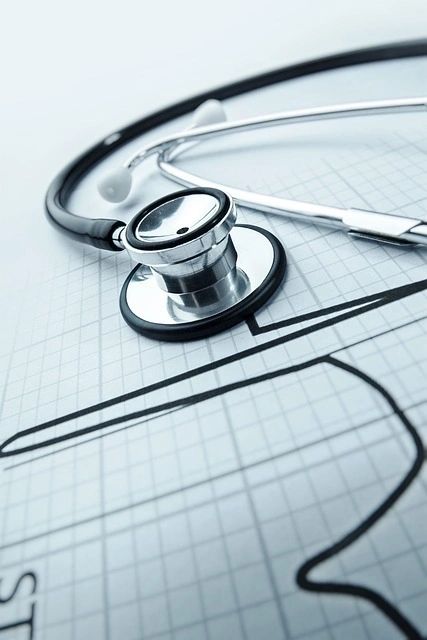
Hearing as a Diagnostic Tool
How long had this been going on?
After Jane’s longtime physician retired, her new doctor warned her that she would have to take prophylactic antibiotics before having dental work done. When she wondered why, she was told that she had a “noisy” heart valve and would not want to risk bacterial endocarditis. Often detected during routine exams, there was no way of telling how long Jane might have had the valve issue.
Missing what should be heard
In Health Care, hearing loss can easily cause issues beyond communication challenges. Might diagnostics actually suffer? There are so many tell-tale yet subtle noises that can hint at potential trouble: Heart murmurs; heart valve wooshes and clicks and clacks; swooshing of a narrowing carotid artery; odd bowel sounds; wheezes, crackles, rhonchi and rales in the lungs… Indeed, accurate hearing is a most important diagnostic tool because sounds that are not heard cannot betray a problem that should be tended to.
Further study needed
In an article that appeared in 2006 in the American Journal of Otolaryngology, the authors took a look at the issue of “Physician hearing loss.” In a survey that combined questionnaires and hearing tests, 46% of physicians with hearing loss described their hearing as good.
Truthfully, hearing loss often progresses slowly and people might not perceive the gradual decline. Doctors and health care workers are no different. Maybe they also suffer from hearing loss denial, just like most everybody else. But where does that leave the patient? The article concluded that “Strategies to recognize and reduce the impact of hearing loss on professional function throughout a physician’s career deserve greater attention.” So, we have to stay tuned.
Technology help
Although digital blood pressure monitors, amplified stethoscopes and graphic auscultation systems are available to lend a diagnostic hand, they do not do much good if professionals fail to realize that they should be using them. Deaf doctors and health workers do not have that issue. They know that they need special assistance.
A matter of trust
So, how do we know that our health professionals actually hear what they are listening for? We don’t. In the end it all comes down to trust. Trust that physicians and health practitioners know and appreciate that good hearing is a most valuable diagnostic tool. In the interest of patient safety and quality of care, it would make sense that getting periodic hearing tests is simply the ethical and Hippocratic thing to do.
*****
For industry Safety Training or presentations on Noise-induced Hearing Loss Prevention, please see my website: http://www.hearing-loss-talk.com Or email [email protected]
To learn about ears and hearing, please see my book on hearing loss: What Did You Say? An Unexpected Journey into the World of Hearing Loss, now in its second updated edition. Sharing my story and what I had to learn the hard way. Also on Kindle.